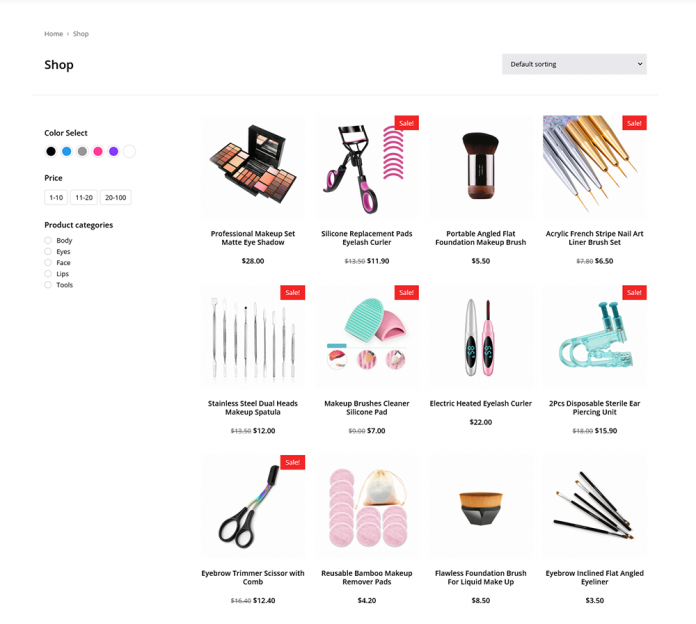Understanding Canadian Gambling Laws for Sweet Bonanza Slot Fans
For slot enthusiasts eager to spin the reels on Sweet Bonanza in Canada, it’s vital to understand the nation’s gambling laws. Canada maintains a unique approach to regulating gambling, with both federal and provincial jurisdictions playing a crucial role. This article walks Sweet Bonanza fans through the essentials of Canadian gambling legislation, focusing on how it affects online slot games like Sweet Bonanza.
Federal and Provincial Gambling Regulations
In Canada, the federal government sets the overarching legal framework for gambling, while each province handles its own specific regulations. The Criminal Code of Canada prohibits most forms of gambling unless they fall under an exception granted to the provinces. This bifurcated approach allows for a diverse range of gambling options based on where you reside. With each province having the autonomy to regulate its own market, Sweet Bonanza slot fans need to understand regulations specific to their area.
The Legality of Online Gambling
For Canadian players interested in online slots, understanding the legality of online gambling is pivotal. Most provinces have their own regulated online platforms, allowing residents to participate legally within those portals. However, many players opt for international online casinos that host games like Sweet Bonanza, which fall into a gray area of Canadian law. These offshore sites operate legally, as the law does not explicitly prohibit access to such platforms from within Canada.
Key Considerations for Sweet Bonanza Players
When engaging with Sweet Bonanza or any online slot, Canadian players should keep a few key points in mind: Sweet Bonanza demo
- Provincial Regulations: Verify that your province allows the kind of online gambling you are interested in.
- Reputable Sites: Choose recognized and licensed international sites to ensure a safe gaming experience.
- Tax Implications: Typically, Canadian players are not required to pay taxes on gambling winnings, provided they are not professional gamblers.
- Legal Counsel: Consider seeking legal advice if you are unsure about the regulations affecting your situation.
The Role of Technology in Regulation
Technology plays a pivotal role in enforcing and regulating gambling laws across Canada. Provinces utilize advanced software to monitor and regulate online platforms, ensuring they adhere to legal standards. This technology helps in identifying fraudulent activities and protecting consumer data, providing extra assurance for players. As the industry evolves, so too does the technology that supports it, making Canadian online gambling safer than ever for both players and operators.
Conclusion
For Sweet Bonanza fans in Canada, understanding the country’s gambling laws is crucial for a safe and enjoyable gaming experience. Though the regulatory landscape might seem complex, a basic understanding of provincial autonomy and the legality of international online casinos can guide players in making informed decisions. It’s important for players to adhere to legal platforms and remain aware of their provincial regulations to stay within legal boundaries. Armed with this knowledge, Sweet Bonanza enthusiasts can enjoy their favorite slots with peace of mind.
FAQs
1. Is online gambling legal across all of Canada?
The legality of online gambling varies by province; each has its own regulations and licensed platforms.
2. Can Canadian players be prosecuted for using international online casinos?
Currently, it’s unlikely, as Canadian law does not explicitly prohibit accessing international platforms.
3. Are there taxes on gambling winnings in Canada?
Generally, Canadians do not pay taxes on gambling winnings unless gambling is their primary occupation.
4. How can I ensure a safe online gambling experience?
Choose reputable, licensed online casinos, verify the legal status in your province, and maintain responsible gambling practices.
5. How do provinces regulate online gambling?
Provinces regulate gambling through their networks of licensed operators, using technology to enforce compliance and protect consumers.






